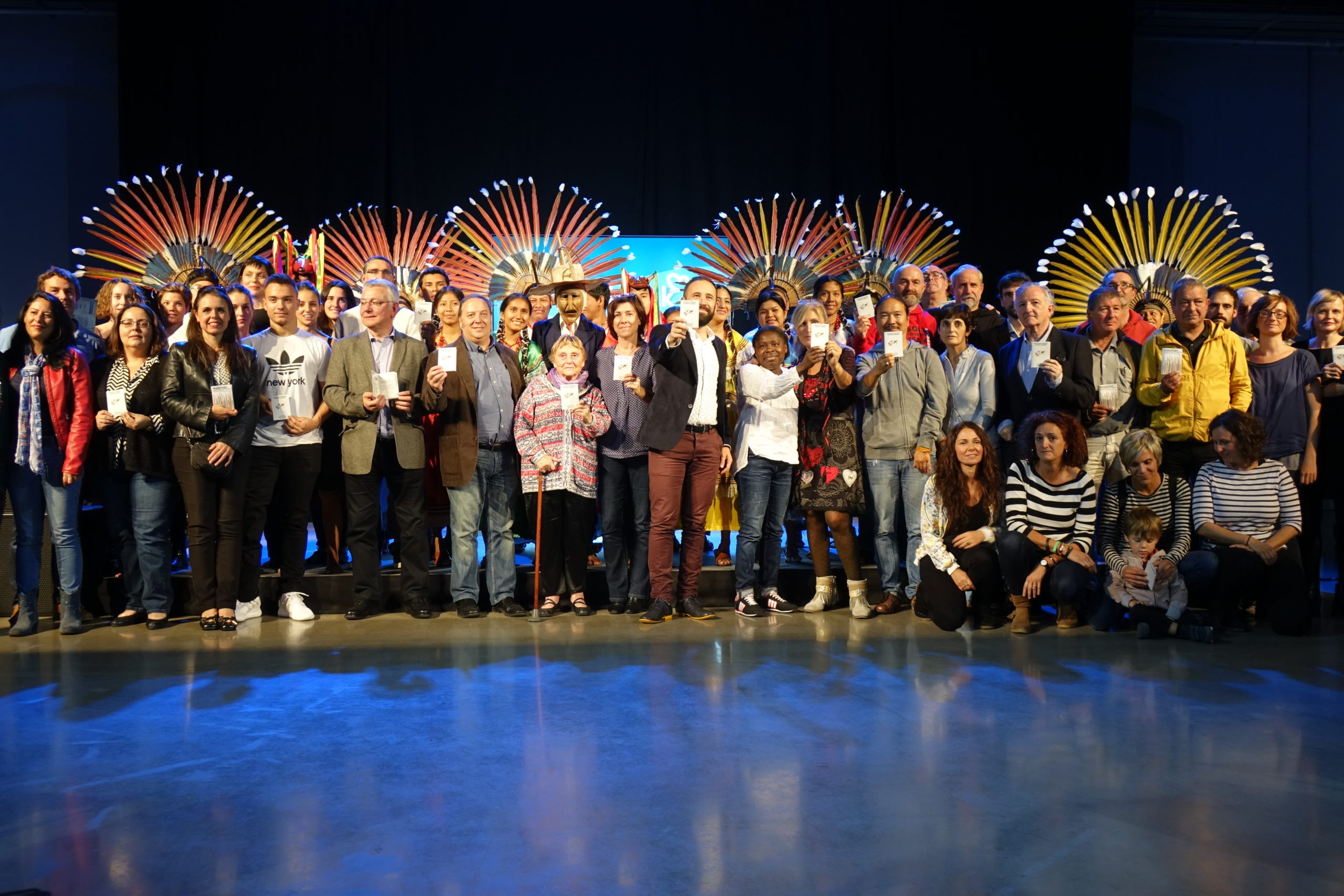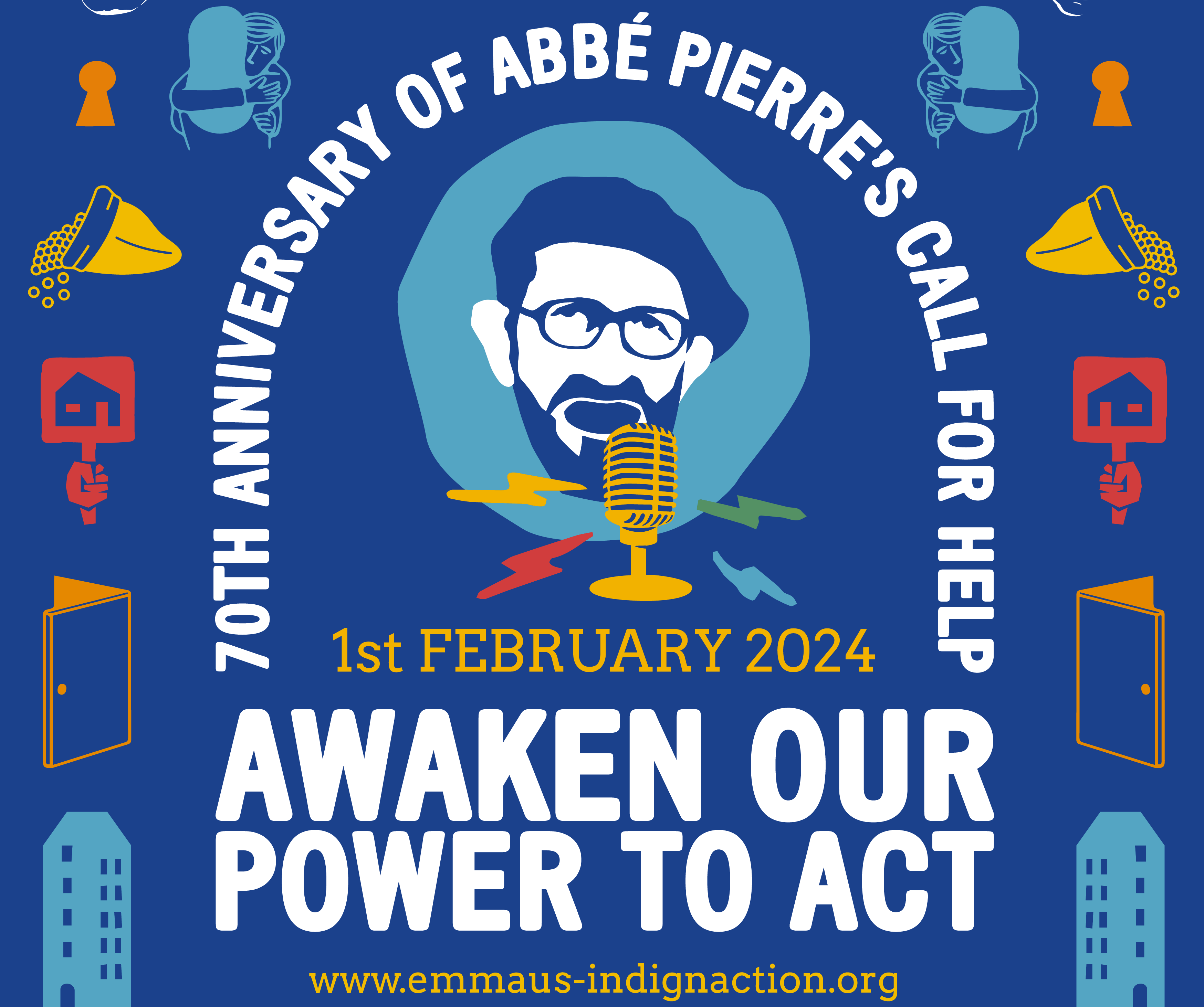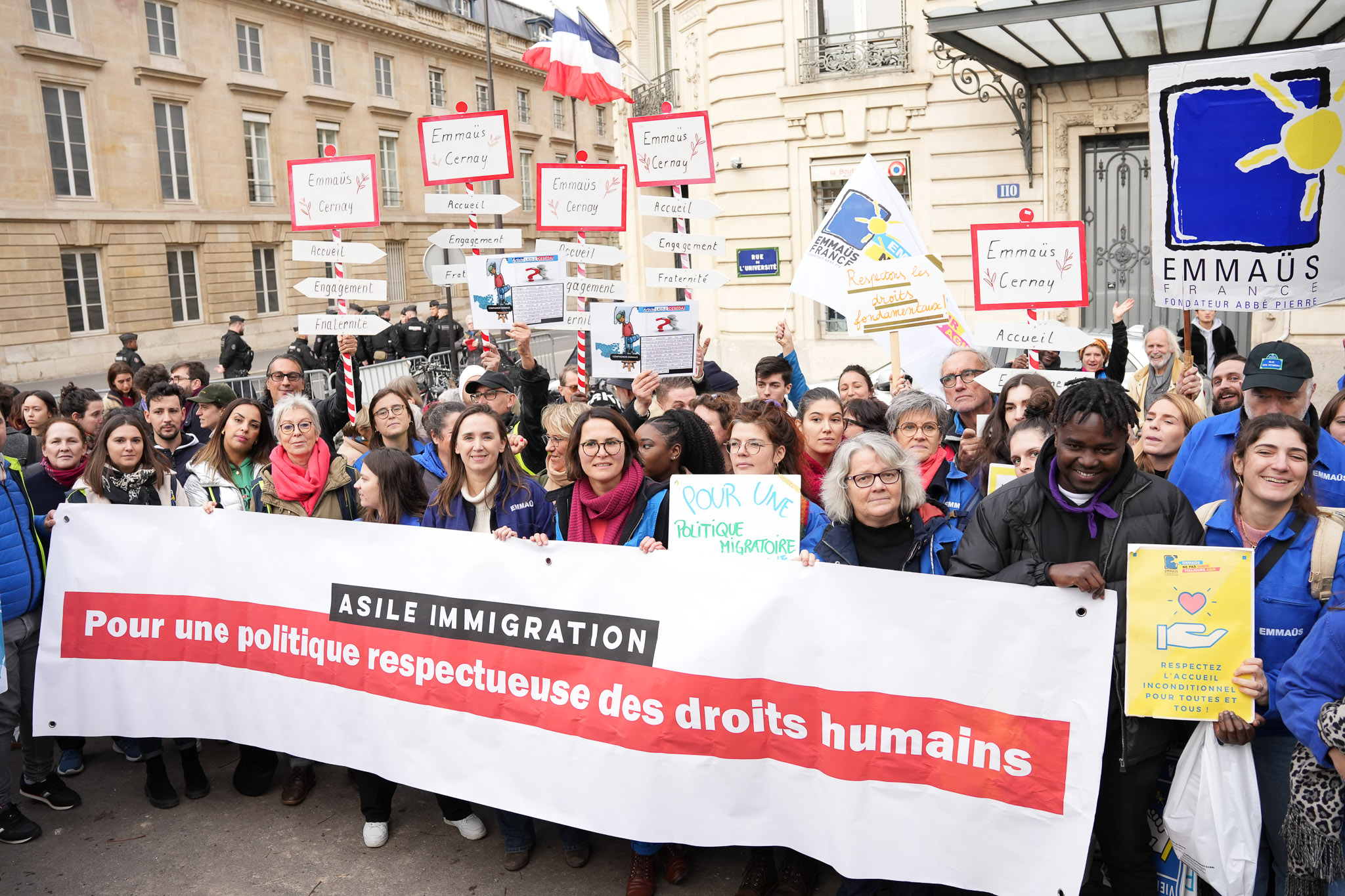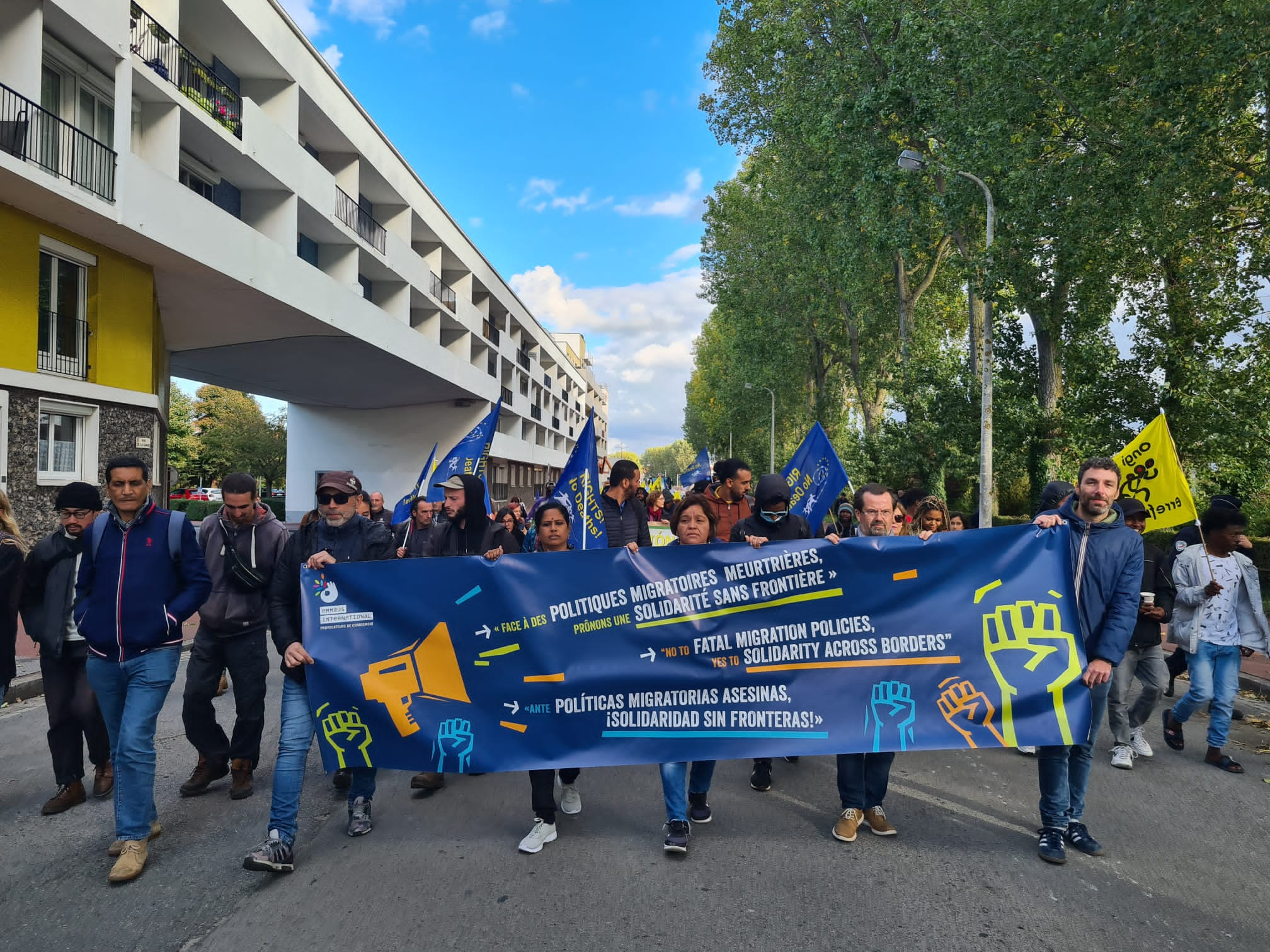Besarkadak: Exchange for Change

The Emmaus Fundación Social group and the regional government in San Sébastian have joined together to launch ‘Besarkadak’. This initiative aims to bring people together through the exchange of skills and micro-services in order to promote social cohesion and to include the most excluded.
Begoña Cabaleiro, the head of communication at Emmaus San Sébastian, explains the idea: “small, daily exchanges of solidarity can lead to major social change which would help us to overcome prejudice and develop a culture of cohesion”. The Besarkadak project was created with the ambition of enabling everyone, and migrants in particular, to find their place in the country and to show that they have something to offer.
Thanks to an online platform the local population, both Spanish and foreign, can offer services based on their individual knowledge and capabilities, for example: beginner cooking classes, guitar lessons, painting, DIY, cultural visits, etc. Every time a person offers a service to others they earn a service in return thanks to a “time ticket” system.
These exchanges will allow people from very different backgrounds to get to know each other, to exchange know-how and to overcome prejudice, such exchange will also bring very concrete solutions to people in need.
The goal of the Besarkadak initiative is to promote the skills of vulnerable and stigmatised people. The General Manager of Emmaus International, Nathalie Péré-Marzano commented, “this initiative shows that migrants are not stuck in a logic of seeking assistance, as certain xenophobic discourse would have us believe”.
Emmaus and the Organisation for Universal Citizenship (OCU) worked on the launch of the project on 10 October, around 30 leading figures and local associations committed to free movement and the welcome of migrants were in attendance and were given a universal citizenship passport. The idea is to work as a network with all of these solidary stakeholders on the Besarkadak project and to show that we can have a positive and alternative attitude regarding the welcome and integration of migrants.


